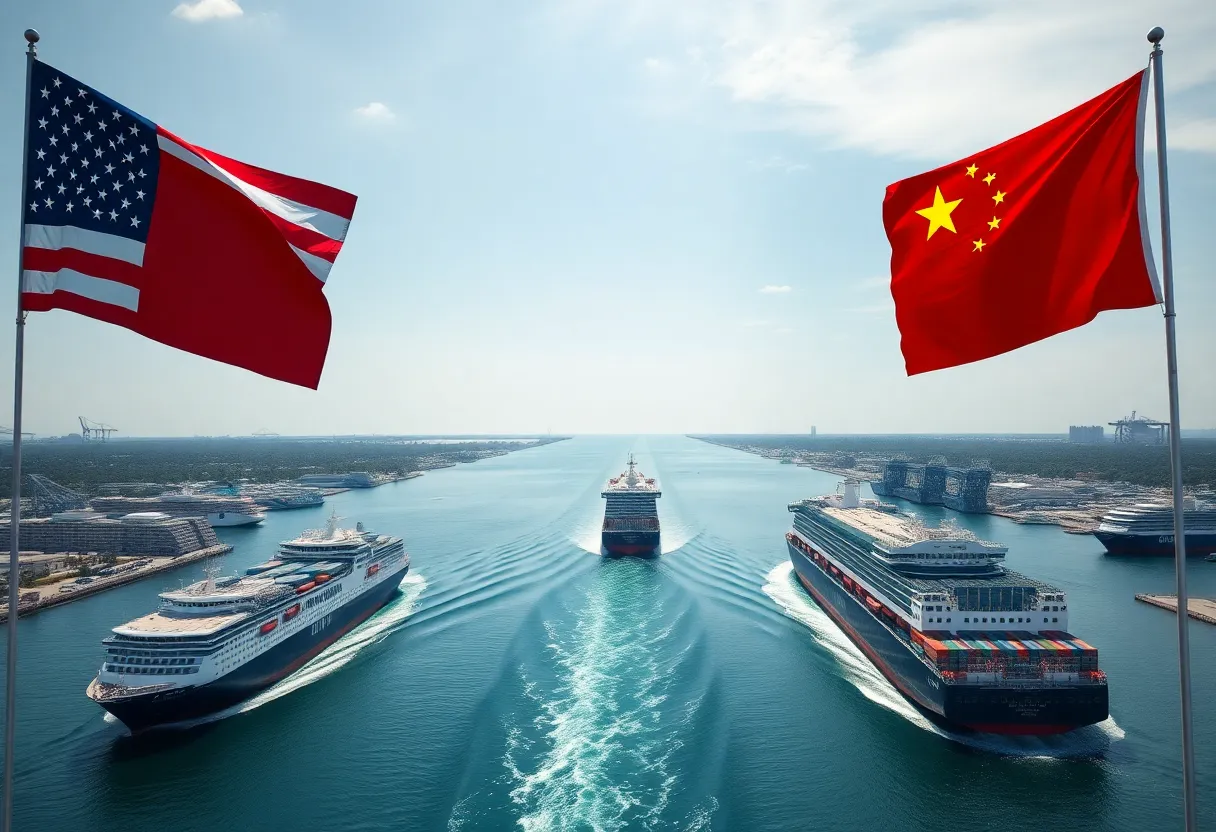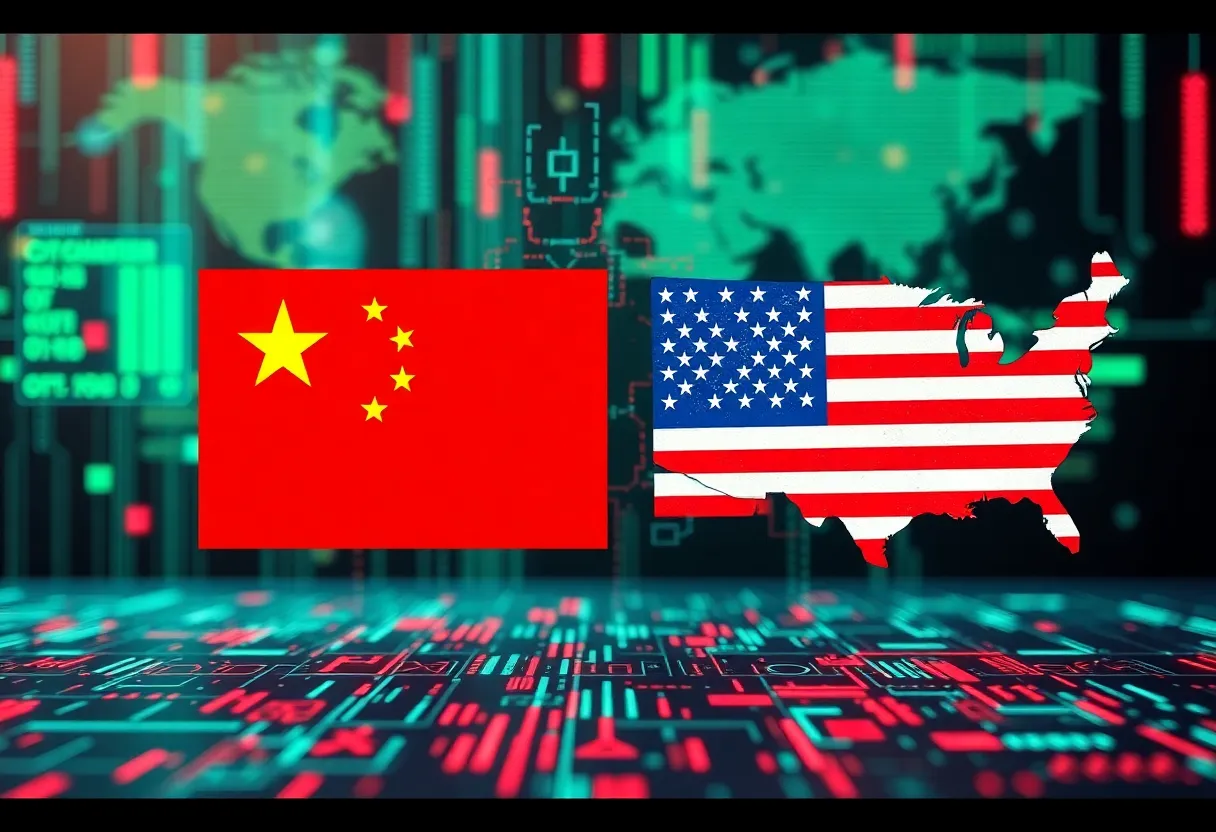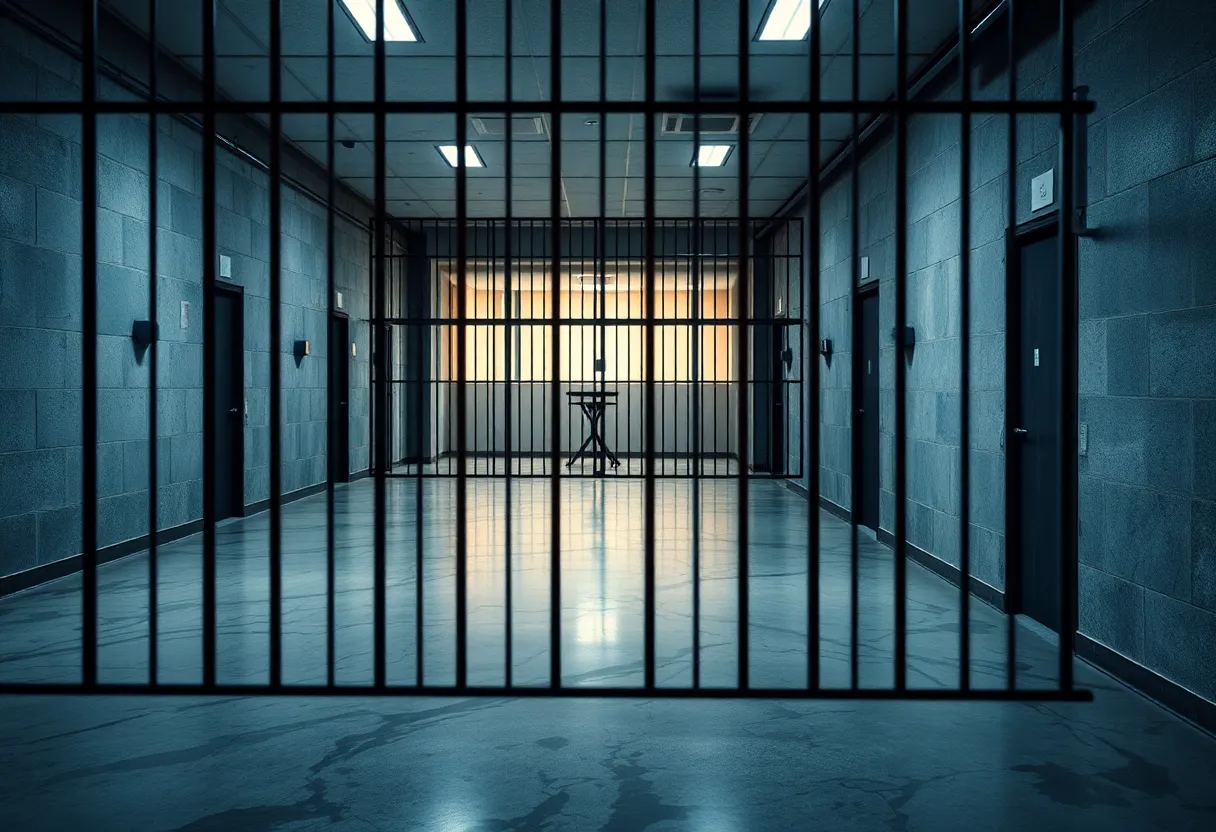News Summary
U.S. Defense Secretary Pete Hegseth raises alarms about Chinese influence over the Panama Canal, highlighting security concerns and U.S.-Panama relations. The recent strengthening of defense ties between the two nations comes amid fears of surveillance and control by Chinese firms over critical infrastructure linked to the canal. Tensions have escalated, as both countries navigate a complex geopolitical landscape concerning this vital maritime trade route.
Concerns Rise Over Chinese Influence Near Panama Canal
There’s some serious chatter going on in the world of international relations, and it’s all about the Panama Canal and its connection to China. Recently, U.S. Defense Secretary Pete Hegseth shared some candid thoughts about ongoing threats from China aimed at the iconic waterway. His remarks came during a ribbon-cutting ceremony for a brand new U.S.-financed dock located at the Vasco Nuñez de Balboa Naval Base.
A Strong Partnership
During the event, Hegseth highlighted that the collaboration between the United States and Panama has notably strengthened in terms of defense and security, more so than it has in decades. This is heartening news for many, as the canal is a crucial passage for maritime trade and plays a significant role in the global economy. Hegseth emphasized that both nations are dedicated to keeping the canal secure, particularly in light of increasing tensions with China.
In what seemed like a reaction to Hegseth’s comments, the Chinese government swiftly questioned who the real threat to the canal might be, indicating that tensions surrounding this critical infrastructure continue to simmer.
Concerns About Critical Infrastructure
Hegseth pointed to some worrying details regarding the control of key ports at either end of the canal, which are managed by a Hong Kong consortium. There’s a significant development on the horizon, as reports suggest that this consortium plans to sell its stake to a group that includes the well-known U.S. investment firm, BlackRock Inc.. Hegseth expressed his apprehension that Chinese companies holding sway over essential infrastructure around the canal could engage in surveillance activities, potentially jeopardizing the security and sovereignty of both Panama and the United States.
The Bigger Picture
The backdrop of these developments is complex. President Trump has been vocal about his claims that the U.S. is unfairly charged to utilize the canal. Additionally, he has accused China of having too much influence over its operations, a claim that the government of Panama has consistently denied.
Some recent
developments have added to this tenuous situation. Following a phone call between U.S. officials and Panamanian leaders earlier this year, the U.S. announced an arrangement allowing U.S. warships to cross the canal without having to pay the customary tolls. However, President José Raúl Mulino of Panama refuted this claim, which raises eyebrows about the communications between the two nations.
The Treaty and Its Implications
Adding another layer, Trump has suggested that the U.S. may need to reconsider its past decision to relinquish control of the canal in 1999, hinting at the possibility of reclaiming it. This suggestion has sparked concerns, particularly over China’s 25-year lease on two ports that are now under audit for reported irregularities. The ports were initially held by the Hong Kong consortium but are reportedly transitioning to a new group that includes BlackRock. If this goes through, it might just bring those ports back under American oversight.
Furthermore, U.S. Secretary of State Marco Rubio weighed in, mentioning that the current administration believes that China’s presence around the canal could potentially violate a treaty that sought to ensure the perpetual neutrality of this vital waterway.
Panama’s Standpoint
It’s noteworthy that President Mulino has stood firmly against the idea that China has any operational control or influence over the canal. His consistent denials provide a different perspective from the fears expressed by U.S. officials. This is especially significant as both nations navigate through this intricate geopolitical landscape.
Conclusion
The situation at the Panama Canal highlights the delicate balance of international relationships and the influence of powerful nations. With ongoing discussions between the U.S. and Panama, the world will be watching closely to see how this plays out—especially considering the invaluable role the canal plays in global trade. As tensions with China linger, both countries seem committed to safeguarding the future of this vital passageway.
Deeper Dive: News & Info About This Topic
- The Guardian: Pete Hegseth’s Remarks on China and the Panama Canal
- New York Times: Trump’s Concerns about China and the Panama Canal
- Newsweek: China’s Reaction to Hegseth’s Panama Canal Comments
- Wikipedia: Panama Canal
- Euronews: US Defense Secretary’s Claims about China’s Threat to Panama Canal
- Google Search: Panama Canal







